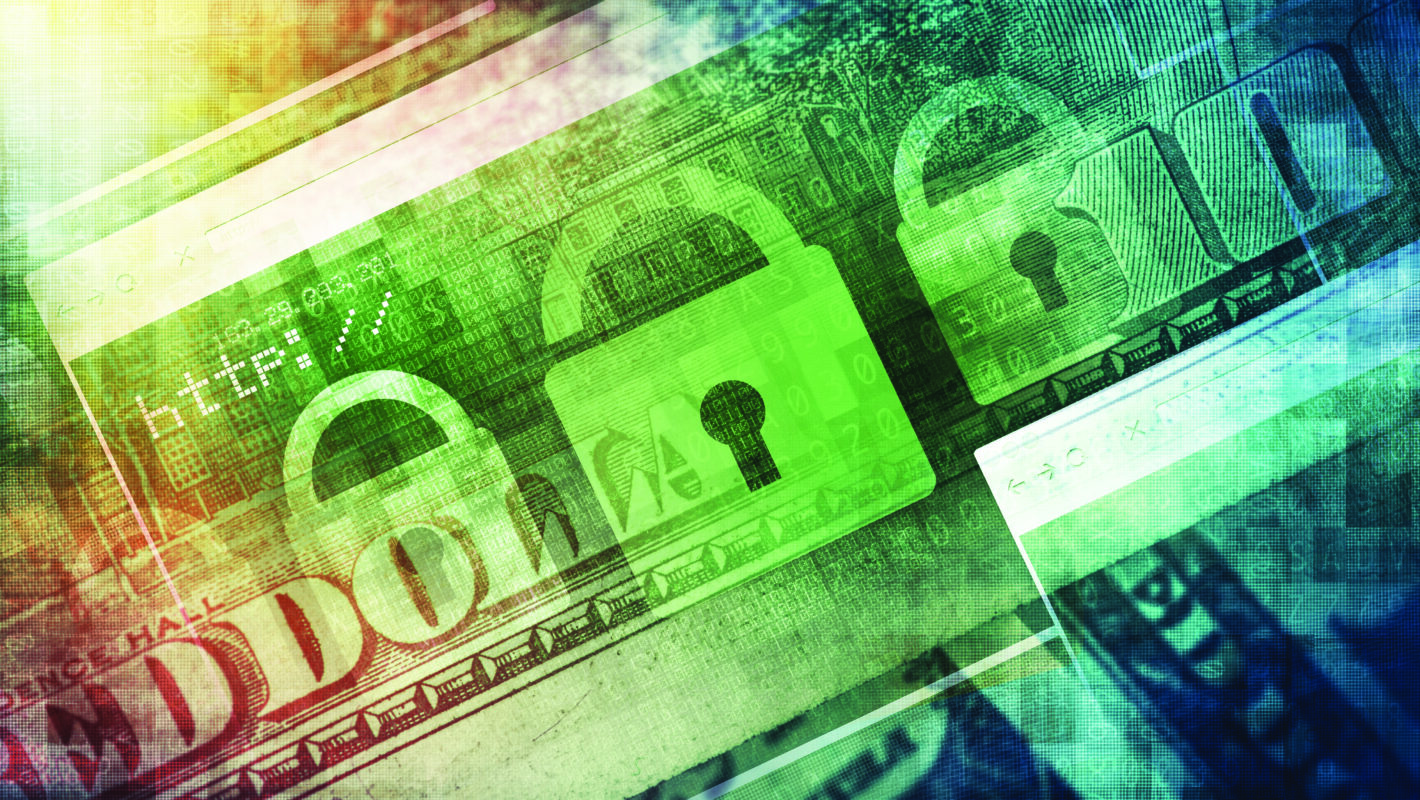Guest Post: How the Pandemic Changed Unemployment Fraud
7-23-2020

By Gurjot Kaur Bandasha, Engineering Manager, Dataseers

On March 18, 2020, President Trump signed into law the Families First Coronavirus Response Act (FFCRA), which provided additional flexibility for state unemployment insurance agencies and additional administrative funding to respond to the COVID-19 pandemic. To receive unemployment insurance benefits, you need to file a claim with the unemployment insurance program in the state where you worked. Depending on the state, claims may be filed in person, by telephone, or online. Did you file your claim, or did somebody scam you by using your personal information?
States have reported losses in the millions, especially during this time of economic crisis. Several reports have been filed in the past regarding the breaches that compromised the personal information of US citizens, but were any measures taken to prevent the stolen information from being used?
Banks, prepaid card companies and customers must work together to prevent fraud in times of crisis. Take, for example, when the news was out to apply for unemployment benefits, banks saw an increasing number of new accounts getting created. In some cases, the same individual was also creating a virtual prepaid account. Funds to those accounts were deposited using the unemployment checks and immediately transferred into a prepaid card. When such activities were seen, the accounts should have been closed, but instead it was reported that they used the same bank account multiple times for cashing out the unemployment checks.
Hackers don’t really have to be smart to pull these tricks off. They are getting good at their job as the work force has become remote and the attacks have become easy because the data and information is flowing in all directions.
Most of the data that flows through the system in a day represents millions of transactions. Due to this volumizing nature of transactions, we need to stop using the traditional ways of storing and processing data which takes days to process.
There are many ways to solve these issues. For example, at Dataseers, we have a lot of compliance data available, but we don’t have a list for all the stolen records from the past. So our first step is, when an incident is reported for breach and some kind of PCI PII compliant data is stolen, we should be able to identify the individuals and create a list that should be available to all. Once we have done that, firms need to make sure they ingest the stolen data daily and match it against the records that they receive.
We need to do the ingest, match, generate alerts on the same day to catch fraudsters because as days pass, they scam the system and stop using that card. After that point, you are just reporting the fraud not stopping it. So, everything is driven by time, and in today’s world we have various exciting tools and technologies that can be used for this purpose. One of my favorites is HPCC Systems, which allows faster and parallel processing. It provides a complete data lake management from ingestion to data enrichment to content delivery.
Regardless of system, the key to preventing unemployment fraud during the COVID-19 pandemic is using the right technologies that allow you to manage data in one place, so that you spend less time formatting and ingesting data and more time analyzing it.
About ETA
The Electronic Transactions Association (ETA) is the world’s leading advocacy and trade association for the payments industry. Our members span the breadth of significant payments and fintech companies, from the largest incumbent players to the emerging disruptors in the U.S. and in more than a dozen countries around the world. ETA members make commerce possible by processing approximately $56.75 trillion annually in purchases and P2P payments worldwide and deploying payments innovation to merchants and consumers.
ETAs membership spans the breadth of the payments industry to include independent sales organizations (ISOs), payments networks, financial institutions, transaction processors, mobile payments products and services, payments technologies, and software providers (ISV) and hardware suppliers. For more information, visit electran.org.
Related Posts

News
Guest Post: Payments Shock Factor: The Digital Acceleration No One Saw Coming
By Steve Villegas, VP, Payment Partnerships North America, PPRO To suggest that COVID-19 has transformed the future of business would be too obvious. But, in certain industries like retail, it is hard to fathom just . . .
8-19-2020
learn more
News
ETA Expert Insights: PCI DSS Validation Responsibilities for Payment Facilitators and Their Sub-Merchants
By Jim Bibles, Aperia, Chris Bucolo, ControlScan, and Lori Rainery First American Payment Systems, members of the ETA Payment Facilitator Committee. There are many misconceptions around the responsibilities of Payment Card Industry Data Security Standard . . .
8-5-2020
learn more
News
Q+A: What You Need to Know About Pre-Authorization Risk Assessment
Card-Not-Present (CNP) authorization rates impact nearly every participant in the payment ecosystem. Legitimate customers suffer and lose trust in the ecosystem when you falsely decline their transactions. Merchants lose the lifetime revenue of customers who . . .
6-10-2020
learn more
